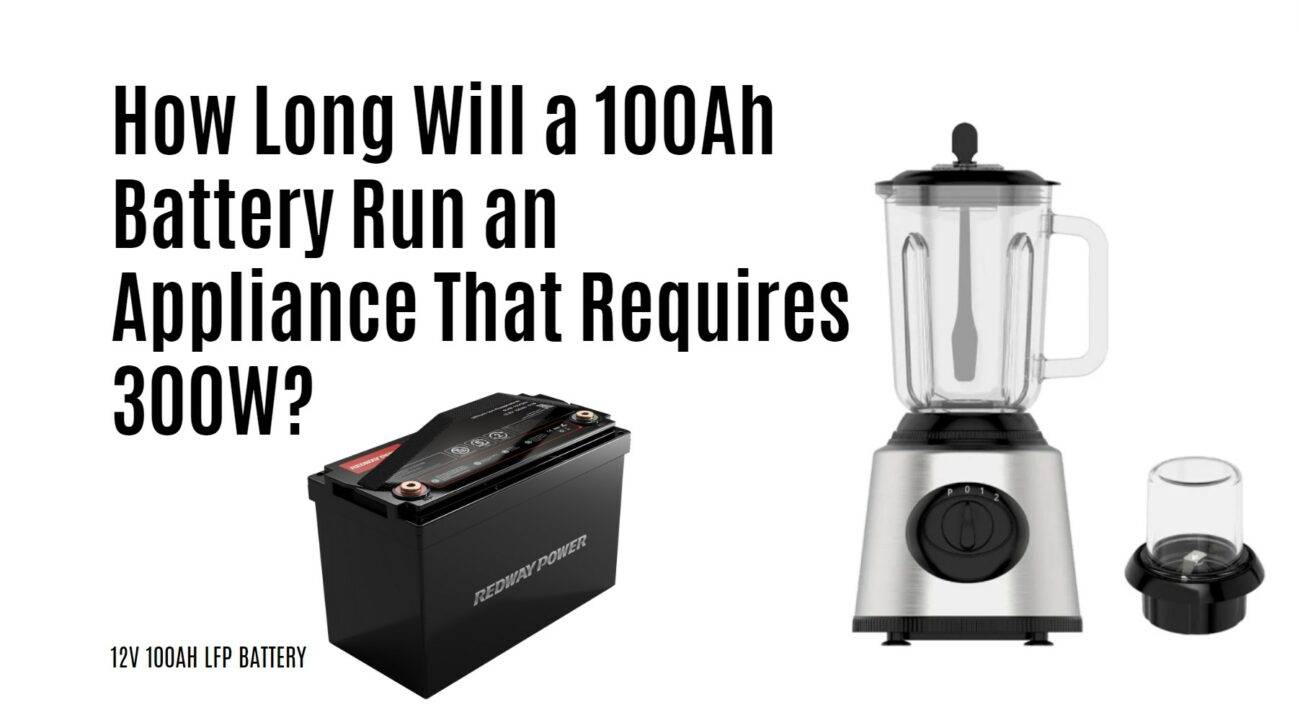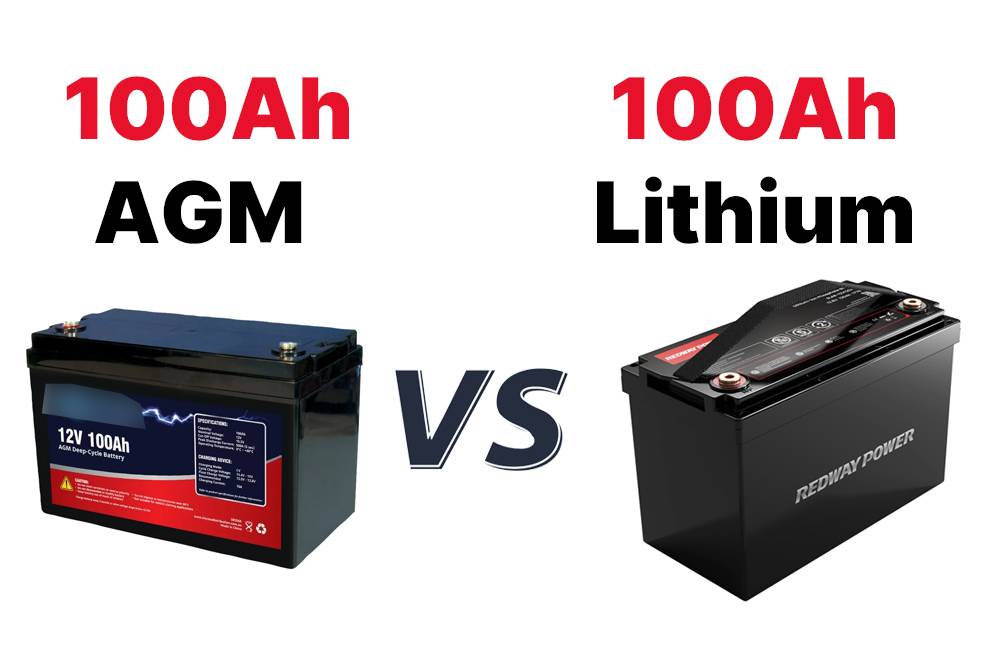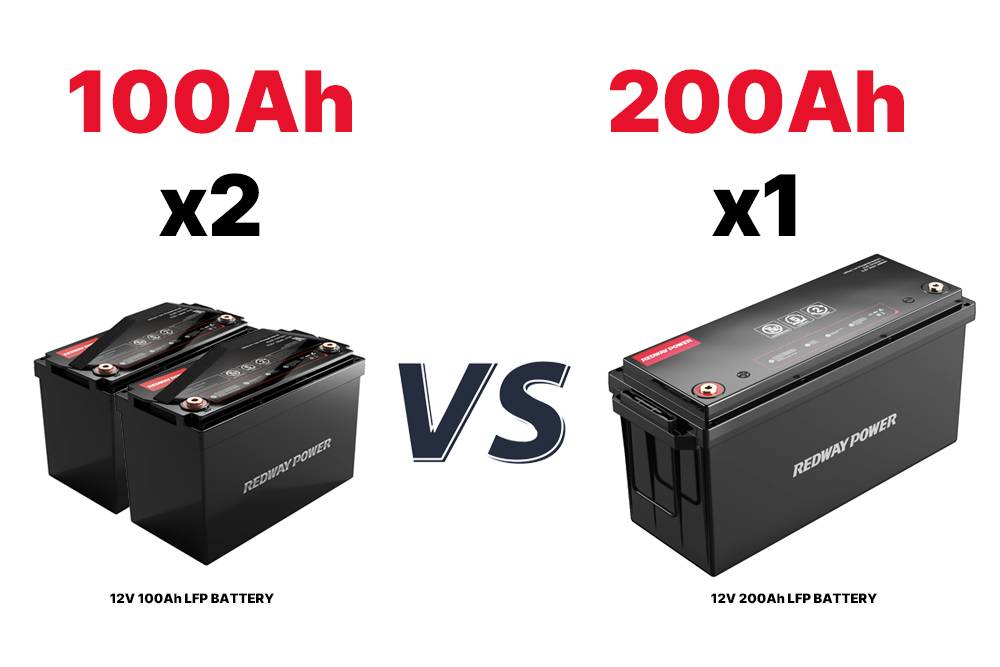- Forklift Lithium Battery
-
48V
- 48V 210Ah
- 48V 300Ah
- 48V 420Ah (949 x 349 x 569 mm)
- 48V 420Ah (950 x 421 x 450 mm)
- 48V 456Ah
- 48V 460Ah (830 x 630 x 590 mm)
- 48V 460Ah (950 x 421 x 450 mm)
- 48V 460Ah (800 x 630 x 600 mm)
- 48V 460Ah (820 x 660 x 470 mm)
- 48V 500Ah
- 48V 560Ah (810 x 630 x 600 mm)
- 48V 560Ah (950 x 592 x 450 mm)
- 48V 600Ah
- 48V 630Ah
-
48V
- Lithium Golf Cart Battery
- 12V Lithium Battery
12V 150Ah Lithium RV Battery
Bluetooth App | BCI Group 31
LiFePO4 Lithium
Discharge Temperature -20°C ~ 65°C
Fast Charger 14.6V 50A
Solar MPPT Charging - 24V Lithium Battery
- 36V Lithium Battery
- 48V Lithium Battery
-
48V LiFePO4 Battery
- 48V 50Ah
- 48V 50Ah (for Golf Carts)
- 48V 60Ah (8D)
- 48V 100Ah (8D)
- 48V 100Ah
- 48V 100Ah (Discharge 100A for Golf Carts)
- 48V 100Ah (Discharge 150A for Golf Carts)
- 48V 100Ah (Discharge 200A for Golf Carts)
- 48V 150Ah (for Golf Carts)
- 48V 160Ah (Discharge 100A for Golf Carts)
- 48V 160Ah (Discharge 160A for Golf Carts)
-
48V LiFePO4 Battery
- 60V Lithium Battery
-
60V LiFePO4 Battery
- 60V 20Ah
- 60V 30Ah
- 60V 50Ah
- 60V 50Ah (Small Size / Side Terminal)
- 60V 100Ah (for Electric Motocycle, Electric Scooter, LSV, AGV)
- 60V 100Ah (for Forklift, AGV, Electric Scooter, Sweeper)
- 60V 150Ah (E-Motocycle / E-Scooter / E-Tricycle / Tour LSV)
- 60V 200Ah (for Forklift, AGV, Electric Scooter, Sweeper)
-
60V LiFePO4 Battery
- 72V~96V Lithium Battery
- Rack-mounted Lithium Battery
- E-Bike Battery
- All-in-One Home-ESS
- Wall-mount Battery ESS
-
Home-ESS Lithium Battery PowerWall
- 24V 100Ah 2.4kWh PW24100-S PowerWall
- 48V 50Ah 2.4kWh PW4850-S PowerWall
- 48V 50Ah 2.56kWh PW5150-S PowerWall
- 48V 100Ah 5.12kWh PW51100-F PowerWall (IP65)
- 48V 100Ah 5.12kWh PW51100-S PowerWall
- 48V 100Ah 5.12kWh PW51100-H PowerWall
- 48V 200Ah 10kWh PW51200-H PowerWall
- 48V 300Ah 15kWh PW51300-H PowerWall
PowerWall 51.2V 100Ah LiFePO4 Lithium Battery
Highly popular in Asia and Eastern Europe.
CE Certification | Home-ESS -
Home-ESS Lithium Battery PowerWall
- Portable Power Stations
Why Understanding the Lifespan of a 100Ah Lithium Battery Matters

A 100Ah lithium battery typically lasts between 8 to 15 years, depending on usage and maintenance. Factors such as depth of discharge, charge cycles, and environmental conditions significantly influence its lifespan. Understanding these aspects can help optimize performance and longevity.
What Factors Influence the Lifespan of a 100Ah Lithium Battery?
Depth of Discharge (DoD)
The depth of discharge refers to how much energy is drawn from the battery compared to its total capacity. A lower DoD (e.g., discharging only to 50% capacity) can significantly extend the lifespan of a lithium battery.
Charge Cycles
Every time a battery is charged and discharged, it counts as one cycle. Lithium batteries have a finite number of cycles, typically ranging from 2000 to 5000 cycles, depending on the quality and management system in place.
Environmental Conditions
Extreme temperatures can adversely affect battery performance. Operating in high heat can reduce lifespan, while extremely cold conditions can limit capacity temporarily.
Chart: Impact of Depth of Discharge on Lifespan
| Depth of Discharge (%) | Estimated Lifespan (Years) |
|---|---|
| 10 | 15 |
| 20 | 12 |
| 50 | 8 |
| 80 | 5 |
How Can You Maximize the Lifespan of a Lithium Battery?
Proper Charging Practices
Using a smart charger that matches the battery’s specifications ensures optimal charging rates and prevents overcharging.Temperature Management
Keeping the battery within optimal temperature ranges (typically between 20°C to 25°C) can help preserve its health.Regular Maintenance
Conducting periodic checks for corrosion and ensuring proper connections can prevent performance issues.
Chart: Best Practices for Battery Maintenance
| Maintenance Practice | Frequency |
|---|---|
| Visual Inspection | Monthly |
| Voltage Check | Monthly |
| Clean Connections | Every 6 months |
What Are Common Applications for a 100Ah Lithium Battery?
Solar Energy Systems
These batteries are widely used in solar setups due to their efficiency and ability to handle deep discharges.Electric Vehicles (EVs)
Many EVs utilize lithium batteries for their high energy density and lightweight properties.Backup Power Systems
Lithium batteries provide reliable backup power for homes and businesses during outages.
Why Choose Lithium Over Other Battery Types?
Lithium batteries offer several advantages over lead-acid or nickel-based batteries:
- Higher Energy Density: More energy stored in less space.
- Longer Lifespan: Typically outlasts traditional batteries by years.
- Faster Charging: Can be charged more quickly without damage.
- Lightweight: Easier to transport and install.
Frequently Asked Questions
How long does a 100Ah lithium battery last?
A well-maintained 100Ah lithium battery can last between 8 to 15 years, depending on usage patterns and environmental factors.Can you overcharge a lithium battery?
Yes, overcharging can lead to reduced lifespan or even damage. Using compatible chargers helps mitigate this risk.What is the best way to store lithium batteries?
Store them in a cool, dry place at around 50% charge to maintain optimal health during inactivity.
Industrial News
Recent advancements in lithium battery technology have focused on enhancing energy density and reducing charging times. Companies are investing heavily in research to develop solid-state batteries that promise greater safety and efficiency. Additionally, there is growing interest in recycling lithium batteries, with initiatives aimed at reclaiming valuable materials from spent batteries to reduce environmental impact.
Redway Power Views
“Understanding the intricacies of lithium battery management is crucial for maximizing performance. The right practices not only extend lifespan but also enhance safety. As technology evolves, we anticipate even more efficient solutions that will redefine energy storage.”
FAQs
Why Choose Lithium Batteries Despite Higher Costs?
How Do Lithium Batteries Compare in Energy and Charging?
How Long Do Lithium Batteries Last Compared to Others?
More FAQs
- How long does a 100Ah lithium battery last?
- The lifespan of a 100Ah lithium battery typically ranges from 2 to 3 years, depending on usage patterns and conditions.
- What factors affect the lifespan of a lithium battery?
- The lifespan of a lithium battery is influenced by factors such as the depth of discharge (DoD), operating temperature, charging and discharging rates, and overall usage patterns.
- How can I maximize the lifespan of a 100Ah lithium battery?
- To maximize the lifespan of a 100Ah lithium battery, it is recommended to avoid deep discharges, keep the battery within the recommended temperature range, follow the manufacturer’s guidelines for charging and discharging rates, and regularly monitor and maintain the battery. Learn more: How to Convert Cold Cranking Amps (CCA) to Amp Hours (Ah)

























